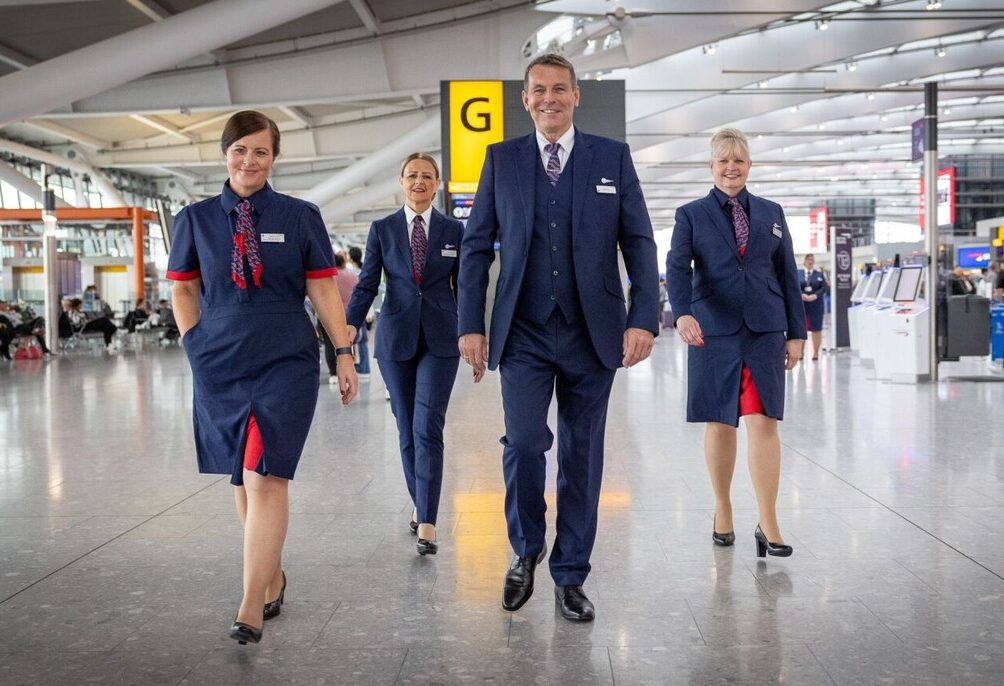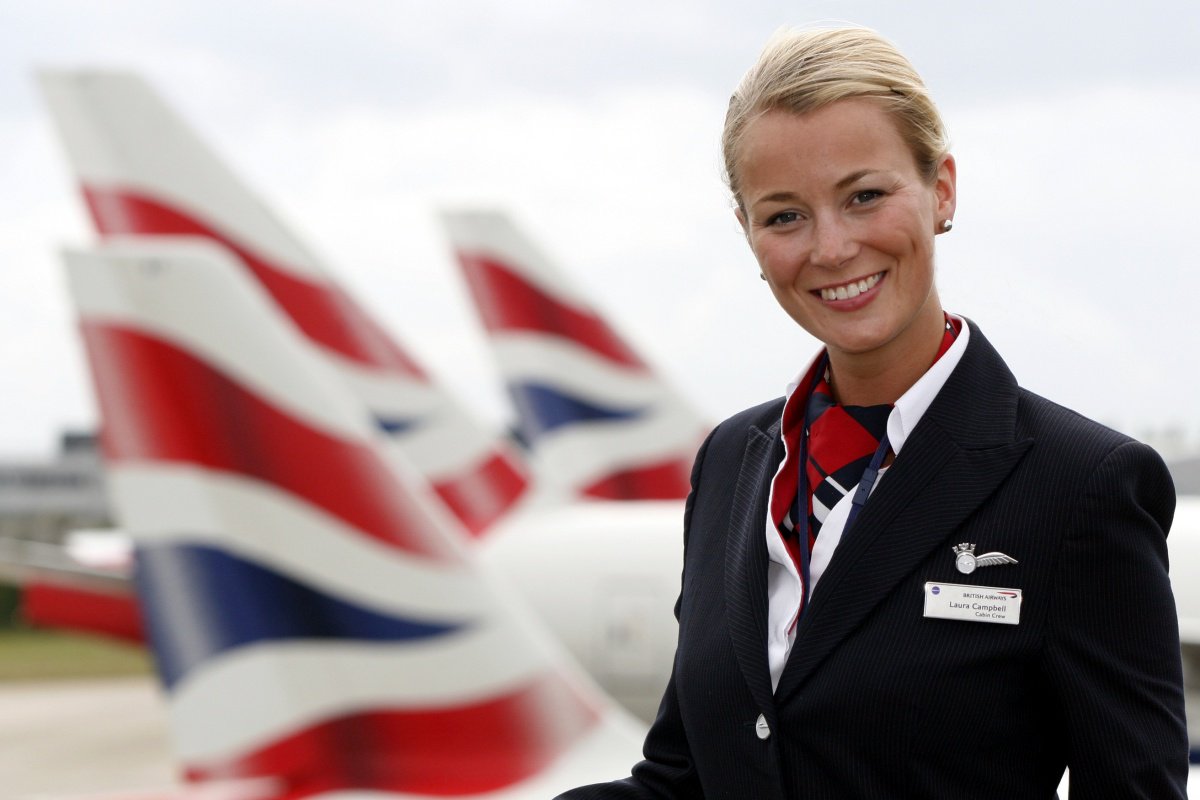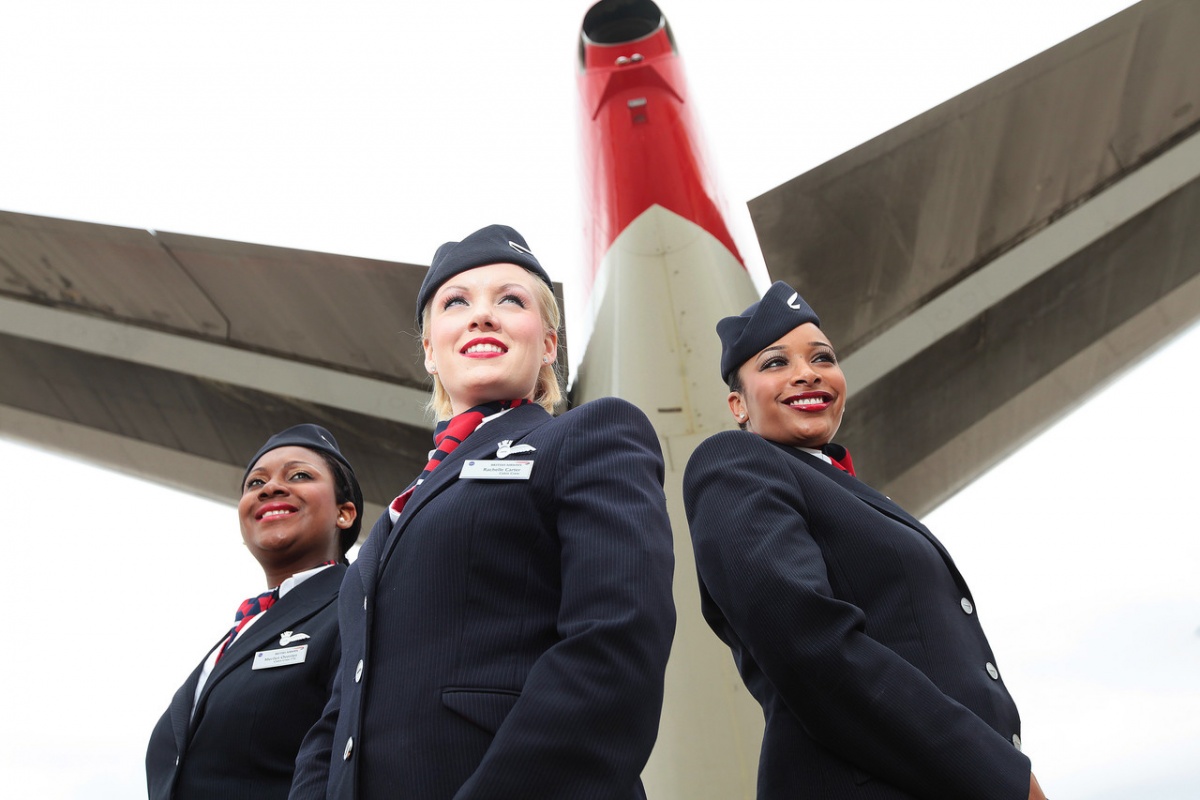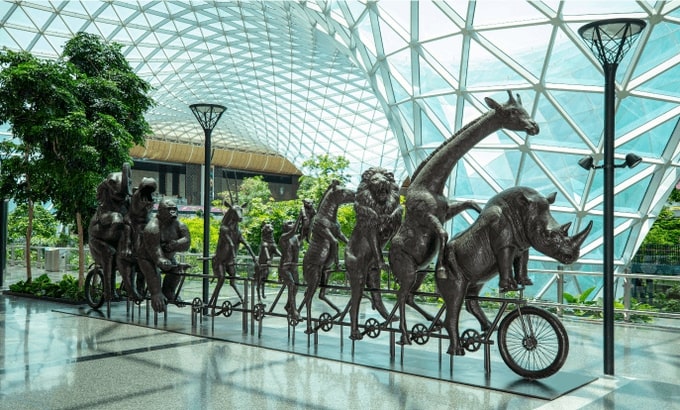.jpg)
Emirates President Tim Clark has expressed renewed optimism about Boeing’s recovery, citing “positive signs of progress” at the U.S. planemaker after months of frustration over delayed aircraft deliveries.
Speaking on the sidelines of the International Air Transport Association (IATA) summit, Clark noted a “greater degree of determination” from Boeing’s new leadership team to resolve ongoing production and quality issues. “Management had indicated cautious optimism over its recovery in discussion with Emirates,” Clark said.
Boeing has faced a turbulent year, grappling with a quality crisis and a labor strike that halted production on many aircraft models. The manufacturer is also awaiting U.S.
Federal Aviation Administration certification for its 777X wide-body jet, a model for which Emirates has 205 orders pending. The first deliveries, originally scheduled years earlier, are now expected between late 2026 and early 2027—six years behind schedule.
Clark reported that Boeing’s tone on the 777X program has become “more positive,” with the airline told to expect its first aircraft sometime between the second half of 2026 and the first quarter of 2027.
Both Boeing and its European rival Airbus continue to struggle with significant delivery delays, leaving airlines unable to upgrade fleets or launch new routes as planned. “I am pretty tired of seeing the hand-wringing about the supply chain: you (manufacturers) are the supply chain,” Clark remarked, challenging aerospace firms to take more responsibility for ongoing disruptions.
Airbus, too, has warned airlines of further delays, with sources telling Reuters that backlogs could persist for up to three more years.
Clark dismissed the pandemic as a valid excuse for ongoing inefficiencies, criticizing the industry’s inability to streamline operations despite consolidation among major aerospace firms.
Tariff Impact and Engine Supplier Challenges
Clark also addressed the impact of U.S. tariffs, stating Emirates has not yet seen changes in demand linked to trade tensions. He expects GE Aerospace, the airline’s main engine supplier, to absorb most tariff-related costs, though GE has indicated some surcharges may be passed on to customers.
Meanwhile, Clark reiterated concerns about Rolls-Royce engines, which have struggled with maintenance in extreme heat. However, he left the door open for future deals if Rolls-Royce can meet Emirates’ performance standards.
Asked if a potential agreement for Rolls-powered Airbus A350-1000 jets could be finalized by the Dubai Airshow in November, Clark replied, “I am not sure about that.”



























-302cd4-large-1748788146 (2).jpg)




-302cd4-large-1748788146 (2).jpg)










.jpg)
.jpg)

.jpg)

.jpg)
.jpg)





.jpg)


.jpg)